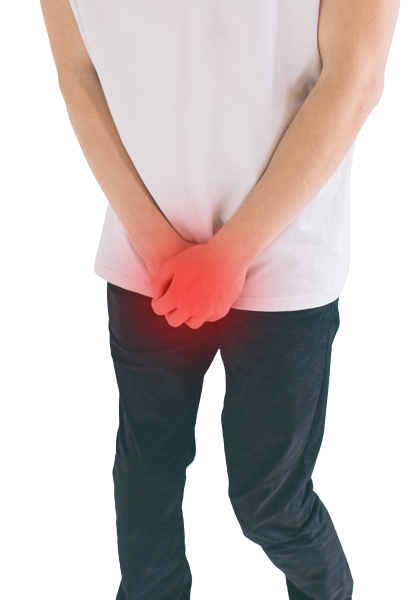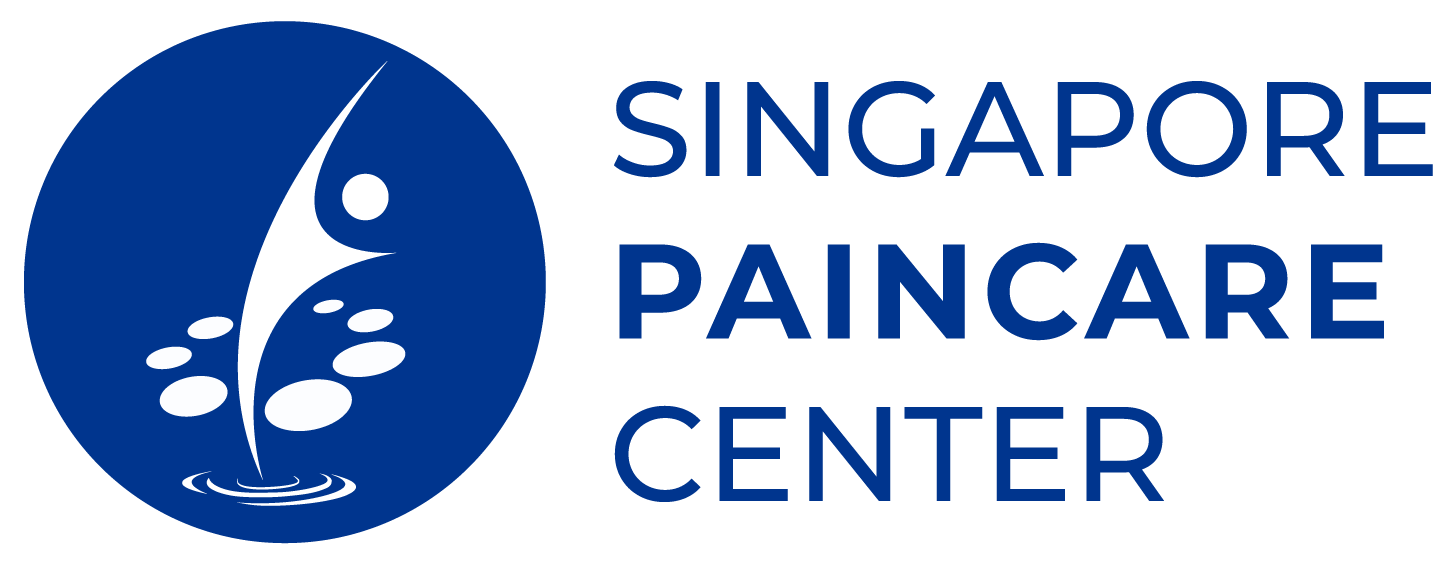Testicular Pain
About Testicular Pain
The testes are two small organs located inside the scrotum and under the penis. Males of all ages can experience testicular pain. There are two types of testicular pain: acute (sudden and short) and chronic (gradual and long-lasting). Aside from the sharp pain of the sudden injury, the first sign might be a dull ache that worsens with activity or time. As the testicles have many sensitive nerves, testicular pain can be intense, severe and distressing.
What Causes Testicular Pain
Like other places of the body, testicular pain can be caused by a variety of factors. These conditions can be categorized into three broad categories, ischemic (poor blood supply), inflammatory or neuropathic (nerve type) pain of the testes. The most common types of conditions are epididymitis (inflammation of the testes), testicular torsion (twisted spermatic cord that brings blood to the scrotum) and inguinal hernia. Most causes of testicular pain are either because of one’s biological build (constitutional) or the pathogens from sexual intercourse and transmission.

What Causes Testicular Pain
Like other places of the body, testicular pain can be caused by a variety of factors. These conditions can be categorized into three broad categories, ischemic (poor blood supply), inflammatory or neuropathic (nerve type) pain of the testes. The most common types of conditions are epididymitis (inflammation of the testes), testicular torsion (twisted spermatic cord that brings blood to the scrotum) and inguinal hernia. Most causes of testicular pain are either because of one’s biological build (constitutional) or the pathogens from sexual intercourse and transmission.
Symptoms Of Testes Pain
Pain
Bruising and/or swelling
Other Symptoms
A Message About Testicular Pain
Many males may find talking about testicular pain embarrassing or awkward. Too often, one may dismiss the dull ache or testicular discomfort as normal, allowing it to fester and compound into something more sinister. Non-distressing testicular pain persisting for more than 1 month would require medical attention to exclude more serious pathology such as cancer or infection. Conversely, less serious problems such as Hydrocele (cyst-like formation behind the testes) can also present as persistent testicular pain.
Many testicular pain may result from post-infection or post-surgical pain. Prostate infection as well as some urinary tract infections, including post prostate surgery, may present as nerve-type pain. The pain is due to nerve irritation or hypersensitization of nerves affected by nerve “injury” from the preceding medical condition. This type of pain cannot be treated by treating the underlying condition. The focus is on the stabilization of the sensitized nerve.
Diagnosing Testicular Pain
Here at Singapore Paincare, our team of experienced primary care doctors and pain care specialists, together with Urologists, will conduct a thorough diagnosis. This includes a physical exam, questions about your symptoms and an evaluation of your medical history. Blood or urine tests may be performed to check for any infections. In case of a lump in the testicle, an ultrasound will be ordered to check for testicular cancer.
What Treatments Are Available for Testicular Pain?
In many instances, non-surgical treatment methods can provide excellent outcomes. At Singapore Paincare, we strive to treat your pain with the least invasive option possible after accurately identifying the cause. Our pain resolution approach focuses on removing pain generators via specialised injection and minimally invasive procedures. Combined with pharmacological treatments, and cognitive and physical rehabilitative therapies. We help patients to improve their functions and prevent pain from recurring.
Non-Surgical Treatments for Testicular Pain
Anti-inflammatory drugs
Pharmacotherapy
Radiofrequency ablation of the sensitised painful nerve
Spinal Cord Stimulation
Surgical Treatment for Testicular Pain
When it comes to testicular pain, surgery is usually not necessary unless it’s an emergency condition like testicular cancer or testicular torsion. Depending on the cause, surgery for testicular pain includes:
Hernia Repair Surgery
Testicular Detorsion
Testicular Cancer Surgery
How Can I Prevent Testicular Pain?
You can prevent yourself from having testicular pain by:
- Doing regular check-ups
- Wearing an athletic cup before playing full-contact sports
- Wearing protective clothing for dangerous tasks/jobs
Get Your Pain Resolved
Send your enquiries or consult our pain experts today.


